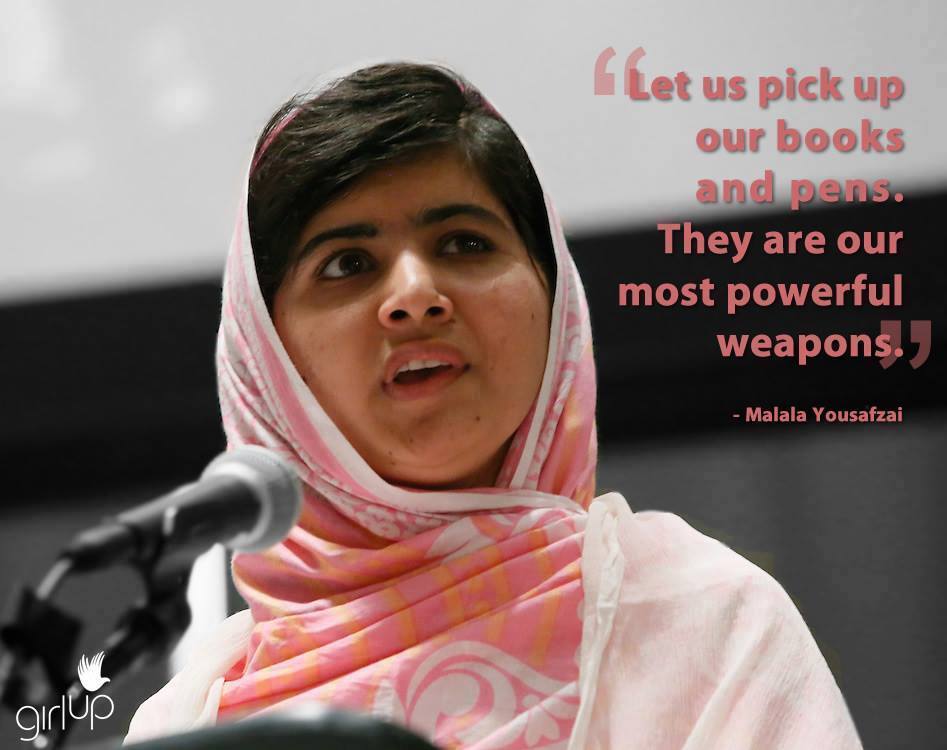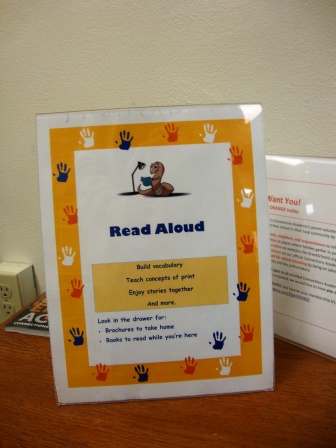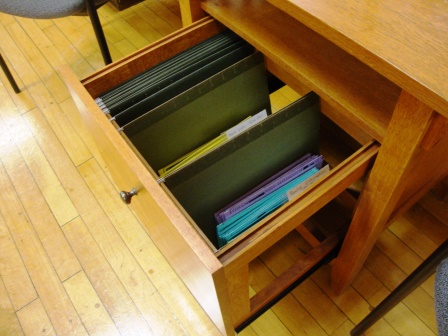We were all sick, almost one at a time, but overlapping slightly. It was an upper respiratory virus, but not the full blown flu, thank goodness. My dear sweet husband “Chuck” got hit first. His immune system was down as he recovered from the agony of kidney stones, and he was knocked for a loop with this cough and fever. Amigo came next, and they left me for last.
While the chicken soup was simmering, we reached for our stock of over the counter medicines to treat the symptoms. In doing so, we had an unpleasant surprise. Many bottles were expired.
Let’s take off on a tangent, and then we’ll get back to the outdated medicines. Amigo and I have had our flu shots. I hope La Petite found a way to get vaccinated, too. Chuck prefers not to get one; he seems to do well without it. We are ready, we hope, to avoid the worst that the influenza has in store.
National Influenza Vaccination Week (NIVW) is December 8-14 this year. Vaccination is the first and most important step in protecting your family against flu. Outreach people from the CDC asked several bloggers to spread the word, and of course I said Compost Happens would be happy to help.
Flu can be very serious, readers. I’ll never forget the year my fourth grade class was decimated by H1N1. Influenza of any kind can hit hard, without warning. One way to distinguish influenza from other similar illnesses is that most illnesses come on gradually – a little fever, then a headache and a cough, and then all get worse. Most people who get influenza know the day and hour that it hit.
Influenza isn’t just a cold or a stomach ache. During last year’s flu season, over 150 flu-related pediatric deaths were reported. Some young children may require two shots to establish immunity. Ask your physician.
Since I’ve been teaching online, I feel less of the germ phobia that hovers over classroom teachers. However, we virtual teachers work in a cubicle-filled office. We all breathe the same air. If someone is coughing, the airborne virus will spread. We’re still very faithful flu shot customers, whether we see our students daily or not.
So back to the beginning, dear readers. If flu does hit the O.K. Chorale, which it could, will we be ready? I cleared out any and all outdated medicines from the cupboard and replaced the basics. When I’m sick, the last thing I want to do is stand in line at the pharmacy to get anti-inflammatory drugs and cough drops. We keep ibuprofen, acetaminophen, and a few others on hand at all times. I keep the making of chicken soup in the pantry, too.
The next question: what to do with old medications? Are any biodegradable? Compostable? What about the rest? That, readers, is another post in itself.
Have you gone to the doctor or pharmacy for a flu shot? How do you prepare your family for flu season? Leave a comment and let me know.




